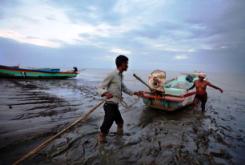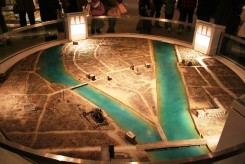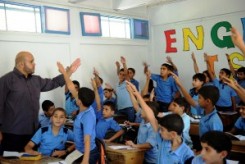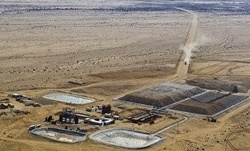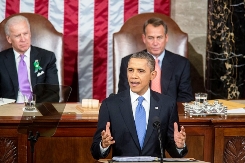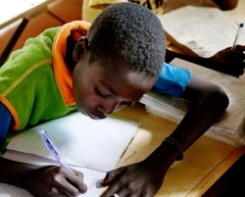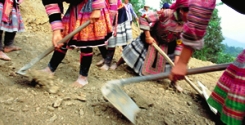By Kalinga Seneviratne | IDN-InDepth NewsAnalysis
SINGAPORE (IDN) – A recent skirmish has highlighted a widely unnoticed fishing war that has been going on for two years in the Palk Straits, a stretch of sea about 30 km long, that separates India’s Tamil Nadu state from Sri Lanka’s northern province that was plagued by a civil war for over 30 years. The southern state of Tamil Nadu is often at daggers drawn with the central government in New Delhi.

